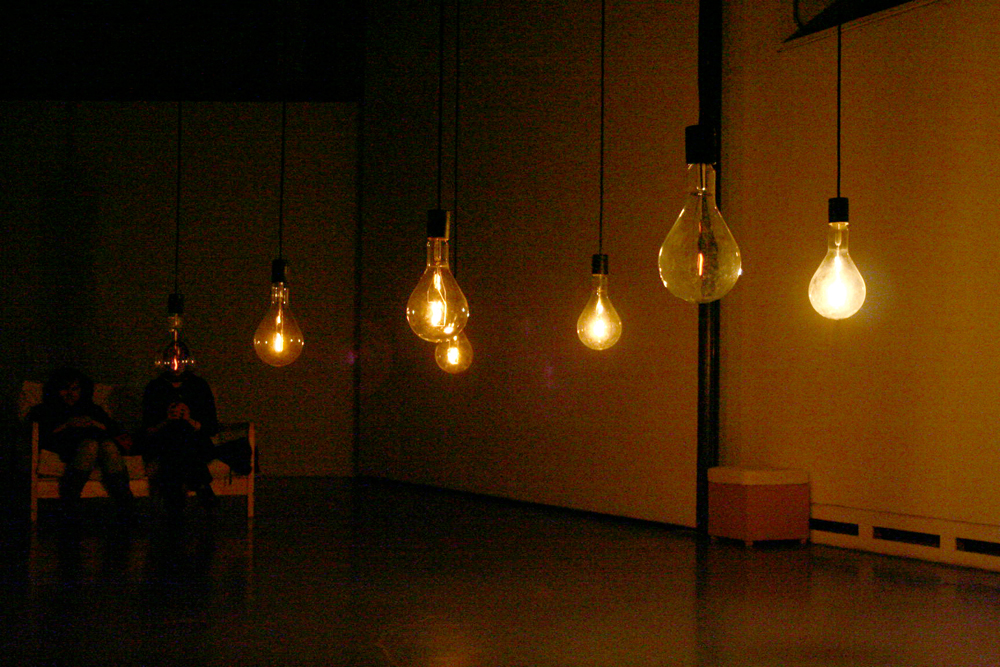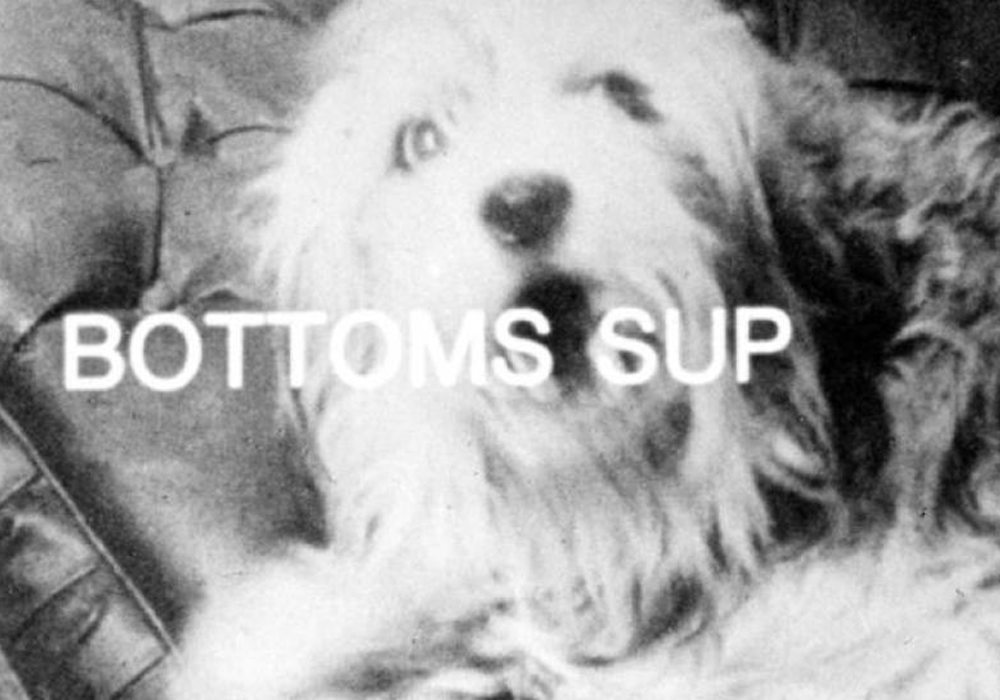
Music for a Long Time
Rolf Julius
Julius’ “small music” features simple snatches of found sound, played back through small speakers, often set in bowls of pigment and dirt which shimmies in the vibrations.
Arika have been creating events since 2001. The Archive is space to share the documentation of our work, over 600 events from the past 20 years. Browse the archive by event, artists and collections, explore using theme pairs, or use the index for a comprehensive overview.

Julius’ “small music” features simple snatches of found sound, played back through small speakers, often set in bowls of pigment and dirt which shimmies in the vibrations.

A multi-speaker, electronic, spacious and spatial performance from Florian Hecker.

How do communities practice being one another’s means, addressing their material problems facing them replicating the state’s violent logic of who is disposable.

Includes: tamed TV snow, video feedback of racing particles, a remake of a polish photogram film destroyed in WWII, a visual and aural representation of Gestalt theory, hole-punched film and Guy Sherwin’s Cycles 3 double-projection.

Dworkin asks: What would a non-expressive poetry look like? A poetry of intellect rather than emotion?

Audio signals pass through light bulbs, causing the filaments of the bulbs to sing and crackle in a chorus of electronic static.

A discussion about what is at stake in the performance of realness and the practice of passing, and how they are both acts of survival and resistance.

Underlying radical transfeminism, as an urgent critique of binary essentialism and fixed identities, is the call for a new kind of thinking that can move between and integrate the truths of all lives in their transformations.

Usurper luddite twins’ disabled instruments play a game of pick-up-sticks with the deconstructed horn of a young Derby opponent.

Bleu Shut reveals, and allows us to enjoy, our gullibility within the pervasive absurdity of modern life.
Post consideration and post rationalisation… How do we think about experimental music and film after the performance?

How can we imagine bodies not as an end in themselves, but as a medium through which we can become one another’s means?